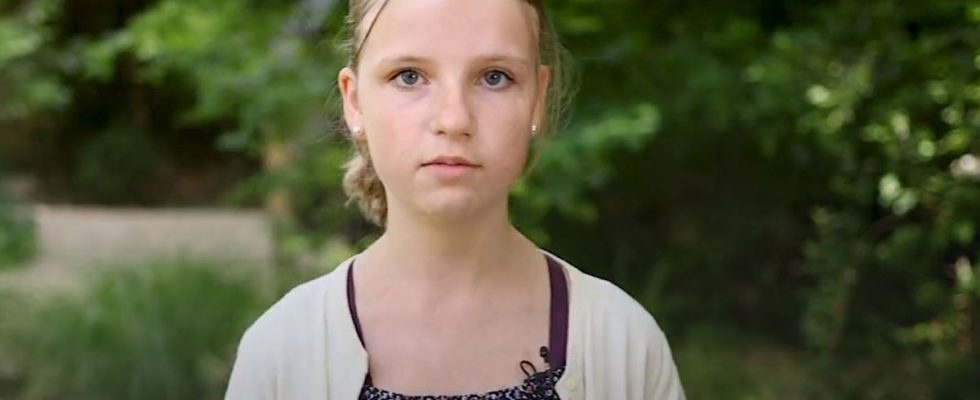Maya, Léo, Margot, Lilou, Clémentine… These teenagers were selected by the Ministry of National Education to pay tribute to Martin Luther King’s famous speech on the occasion of the 60th anniversary of this famous “I have a dream” which changed American society. A speech which above all called for the end of racism in the United States and became the symbol of the struggle for the civil rights of black Americans. However, several Internet users note the glaring lack of diversity in the video.
rain of criticism
“Remove the video immediately and tell us that it has been published because a part of it is missing”, comments for example Pablo Pillaud-Vivien on X (old Twitter). Same opinion for Giggs who notes that the video “was thought out, imagined, rehearsed, shot, watched, controlled, edited and released and at no point did anyone realize anything was wrong… It’s fascinating to be so bad.” Poor young people instrumentalized for an absolutely pathetic rendering”.
“There is a problem in the video I believe”, notes in turn a surfer. Raphaëlle Rémy-Leleu, elected EELV to the Council of Paris, also notes “cynicism, stupidity and absurdity at the same time”.
Ministry’s rationale
Critics that forced the Ministry of National Education to justify its choice. Without frankly convincing. “The students in this video are the 2023 winners of the ‘The More I Say’ competition, which encourages the creative practice of English in college,” explains the ministry’s account X. “In order to honor the memory of Martin Luther King on the occasion of the 60th anniversary of his famous speech delivered on August 28, 1963, they were invited to deliver a short speech inspired by that of Martin Luther King, beginning with ” I have a dream”. This explanation also finds its comments there, such as the one of Elijah who finds it “surprising that no racialized kid has won this contest”.
In this video, the teenagers evoke, in English, a world where “nature is flourishing”, “where we are all equal”, where “communication allows humans to be more attentive to each other”.

